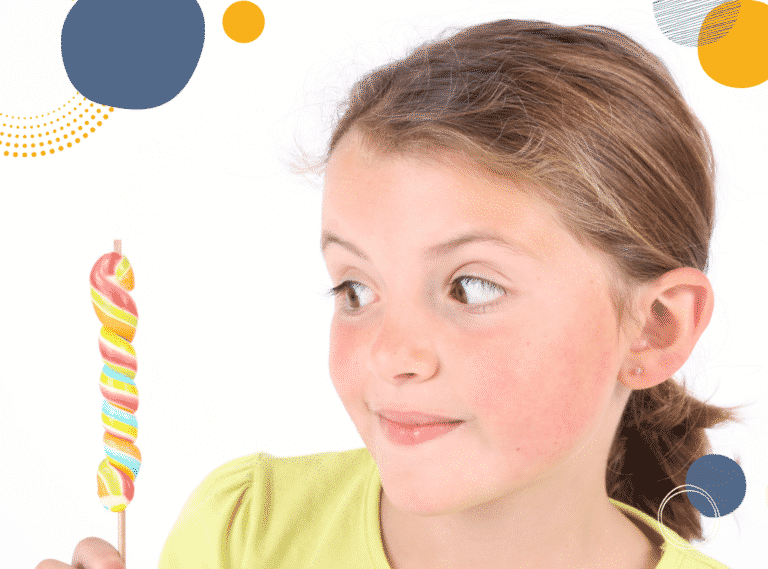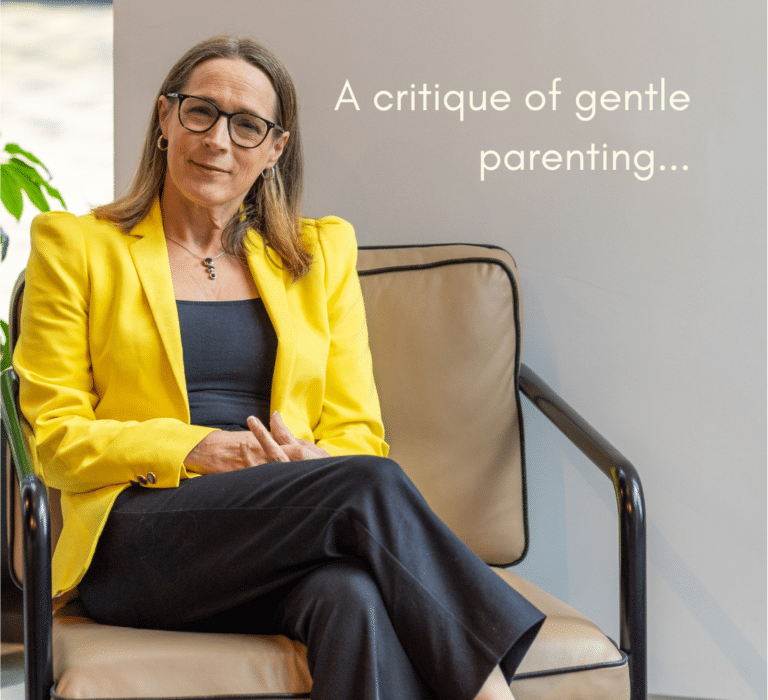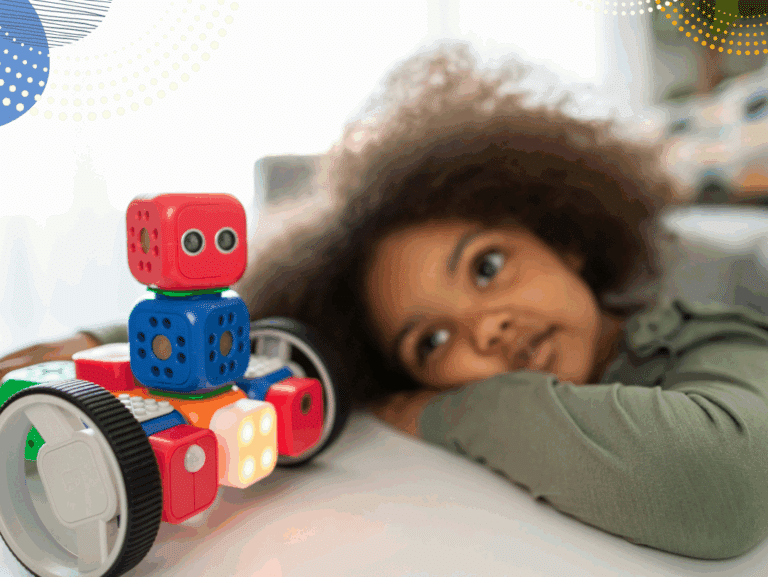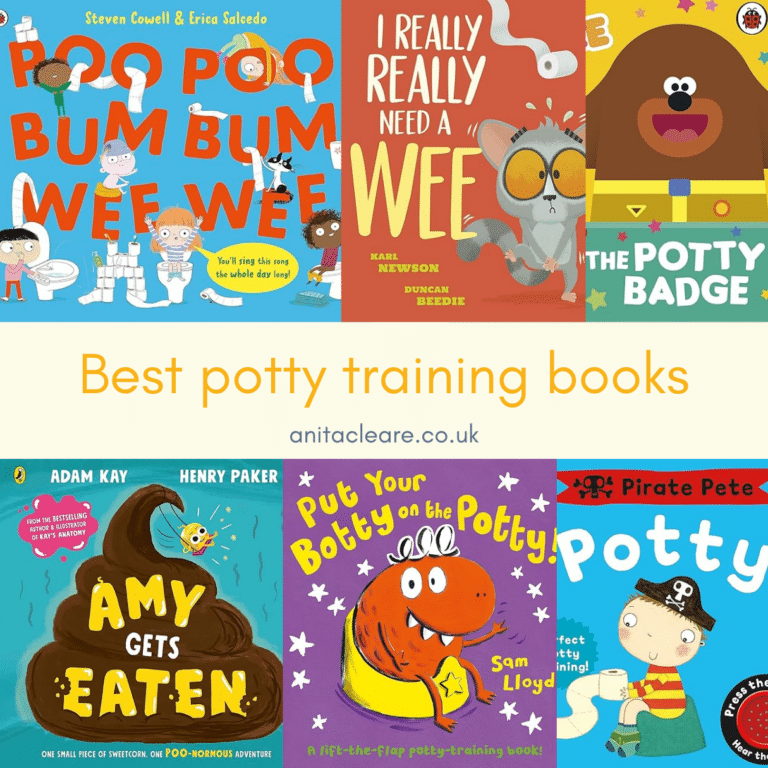What is an accidental reward?
Children are active participants in their own learning and development. One of the ways they learn is through action and reaction – through the direct consequences of their actions. If their reward mechanisms are activated by a certain action, they are much more likely to repeat that action in the future. An accidental reward is when a child’s neurological reward system is activated unintentionally by parents and it reinforces behaviour that we would rather our children didn’t repeat.
Children learn through action and reaction all the time, in small and big ways. For example, imagine your child is playing in the playground by themselves. They’d like another child to play with them but are unsure how to make that happen. Perhaps they start pulling funny faces. If that results in another child joining in their game, that will encourage them to try the same strategy again another time. You may notice your child pulling funny faces the next time they want someone to play with them. Their ‘funny faces’ behaviour has been positively reinforced as it seemed to help them get something they wanted or valued.
Typical accidental reward scenarios
Pulling funny faces is a harmless part of play. However, sometimes children can get positive reinforcement for behaviour that parents don’t want to encourage. This is called an accidental reward.
For example, if your child whines at you and you respond by giving them a biscuit (or a smartphone) to keep them quiet, the biscuit (or smartphone) is potentially acting as a positive reward for the whining. Your child may be more likely to whine again in the future because their whining was rewarded. Whining probably isn’t a type of communication that you want to encourage, so this is an accidental reward – one we didn’t mean to give. Through our response, we have unintentionally reinforced behaviour (whining) that we didn’t intend to encourage.
Attention as an accidental reward
The most common accidental reward is parental attention. I know it doesn’t always feel like it, but you are the world, the universe and everything to your children. Your attention is the magic beam that lights up their lives, that makes them feel alive and connected.
Attention is to kids like sunshine is to plants – they will grow in its direction. As babies mature into children, they learn through experience which behaviours keep that parental attention tap turned on. Through trial and error, action and consequence, they learn how to maintain parents’ attention by repeating the behaviour that most successfully catches it.
The Work/Parent Switch, Anita Cleare
Parents often use our attention deliberately to reinforce children’s learning. We praise them for being kind or for sharing their toys or for sitting at the table and eating nicely. We use reward charts to support potty training to add extra fuel to this positive reinforcement.
But, sometimes, our attention can act as an accidental reward. Imagine the toddler who keeps going back to press their face up against the TV, all the while smiling at you. You keep telling them not to do it. You keep moving them away or trying to distract them with a game when they go near the TV but they keep doing it every day. Why? Maybe our attention is acting as an accidental reward here. Our toddler has learnt that licking the TV screen will directly result in the positive reward of capturing a parent’s undivided attention.
All parents fall into the accidental reward trap sometimes. It’s inevitable. When the children are playing nicely and you have a million things on your To Do list, most of us will seize the opportunity to sneak off and try to get some things done. But when the kids start arguing? Then we come in with our full attention blazing. We end up giving our attention to exactly the behaviour we don’t want to encourage (the fighting). Children can learn that a quick way to get the reward of Mum’s or Dad’s attention is to pick a fight with their younger brother. It might not be positive attention but even negative attention can act as an accidental reward.
How does this help me?
If your child is persisting in a certain behaviour – despite them being capable of the alternative and despite you explaining to them again and again why they shouldn’t do it, or even getting cross with them – it might be worth asking the question “What are they achieving as a direct result of their behaviour?” You might be able to identify an accidental reward that is unintentionally keeping that behaviour going.
Find more tips on using positive parenting to respond to children’s behaviour here. Or check out our online positive parenting course.
*This post contains affiliate links. That means that if you click through from this post and make a purchase, the Positive Parenting Project will receive a small commission. There is no additional charge to you. This helps us to keep providing free supportive content for our readers. For more info, see Disclosure Notice.






